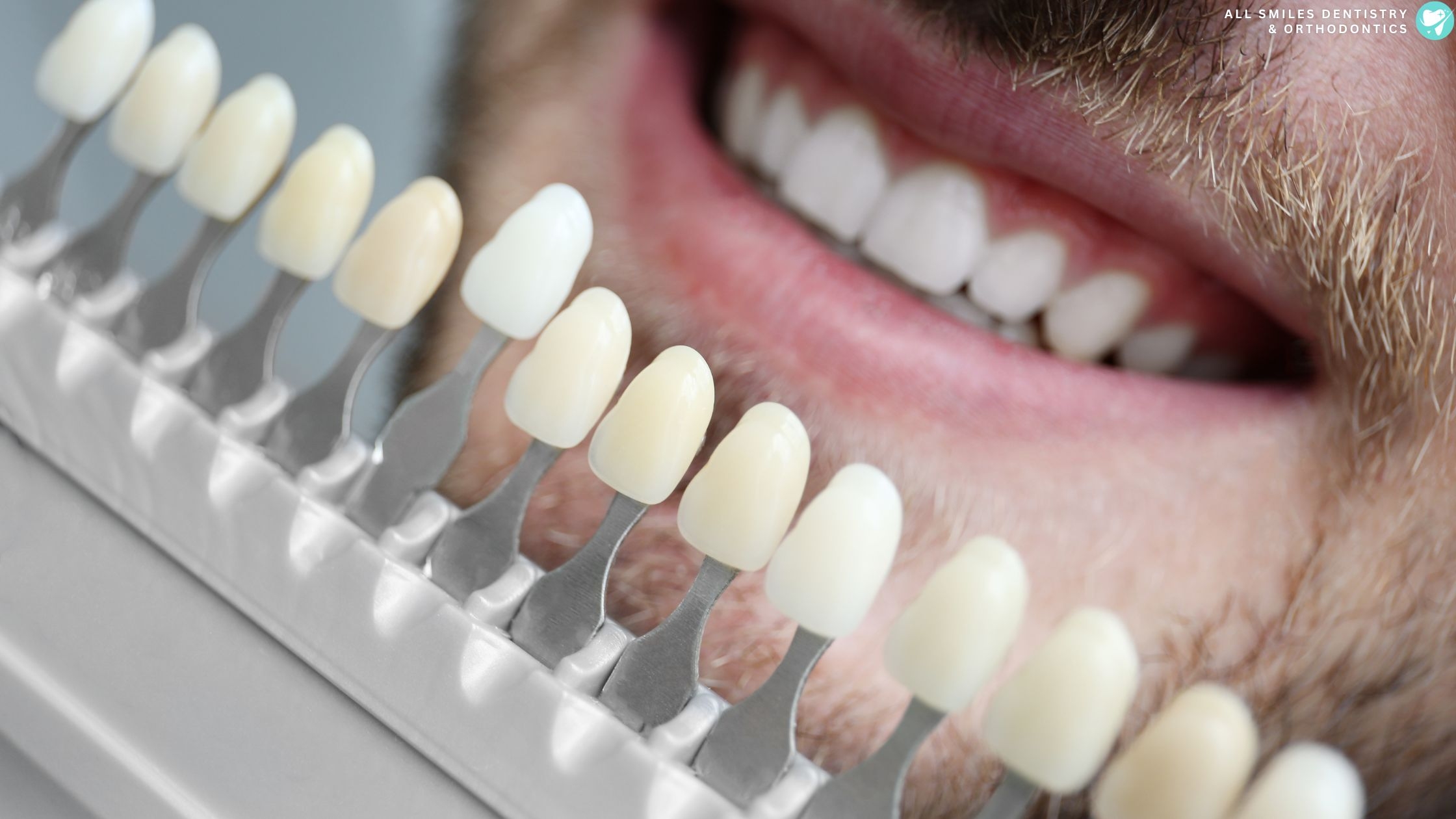What Are Dental Veneers and How Do They Work?

Dental veneers, also known as porcelain veneers, are a widely used cosmetic dentistry procedure among people who seek to have beautiful teeth. But what exactly are dental veneers, and how do they work? If you’re considering dental veneers, understanding the process, benefits, and care involved is essential. This article will give you an overview of dental veneers, how the procedure is done, and why it may be ideal for you.
What Are Dental Veneers?
Dental veneers are thin layers of specialized materials designed to cover the front surface of your teeth. They are usually crafted from porcelain or other composite resin materials. Dental veneers are designed to blend in with natural teeth thus providing you with an attractive smile.
People choose veneers for many reasons, such as:
-
Covering chipped or broken teeth
-
Hiding gaps between teeth
-
Improving the shape of teeth
-
Whitening teeth that are discolored or stained
-
Correcting slightly misaligned teeth
Types of Dental Veneers
Dental veneers are of two types:
- Porcelain Veneers: These are the most common. Porcelain veneers help in enhancing the appearance of the teeth since they resemble natural teeth and are long-lasting. It has better resistance to staining than resin veneers and can last for up to 15 years or even more if well taken care of.
- Composite Resin Veneers: These are made from tooth-colored resin, which is basically the same as the resin used in tooth-colored fillings. They are relatively cheaper than porcelain veneers though not as long-lasting. Composite veneers usually last for 5 to 7 years. They might need more maintenance over time.
How Do Dental Veneers Work?
Dental Veneers often take several visits to the dentist to gain the desired results. Here’s how it works:
- Consultation and Evaluation: the first thing to do is to book an appointment with a dentist. In this visit, you will explain to the dentist what you wish to achieve regarding your smile. Veneers can only be done on your teeth if the dentist agrees that such treatment is the most suitable for you. They may use X-ray machines or make an impression of the mouth and teeth.
- Preparation of the Teeth: The process of placing veneers involves the reduction of a thin coating of the enamel on your teeth. This is about the same thickness as the veneer that will be added to the substrate to create a highly valuable product. This step is important to make sure the veneers will fit well on the teeth and also to make them appear natural. Your dentist will apply local anesthesia so that the process does not cause any form of discomfort to the patient.
- Creating the Veneers: Upon preparation of your teeth, the dentist will then make an impression of your teeth. A shaded impression is made and sent to the dental laboratory where your personalized veneers are created. Depending on the individual case, this may take a week or two, and in the meantime, temporary laminates will be applied to the teeth.
- Bonding the Veneers: Once the custom veneers are ready, you will make another appointment with the dentist to have the veneers fitted. Your dentist will put the veneers on your teeth to ensure they fit well and that their color is right. Next, your teeth will be cleaned, polished, and etched. The etching roughens the surface of your teeth so the veneers will have a better grip on the surface.
A uniquely formulated cement is then used to affix the veneers to your teeth. After positioning the veneers correctly, a special light is utilized to set the cement fast. The dentist will make final adjustments and remove any excess cement. They may also examine your bite to ensure that everything feels right to you.
Benefits of Dental Veneers
Dental veneers offer numerous benefits including:
- Natural Appearance: Veneers are intended to mimic the look of your real teeth to a greater extent. They are made to fit the color, shape, and size of your teeth to ensure you get the best results.
- Stain Resistance: Another advantage of porcelain veneers is that they are not as susceptible to staining as natural teeth. This means you can enjoy your favorite food without worrying about discoloration.
- Durability: Dental Veneers are extremely effective because they are tough and can withstand long-term use. Porcelain veneers typically have a lifespan of 10-15 years if cared for adequately while composite veneers will last for approximately 7 years.
- Minimally Invasive: Compared to other procedures like a crown process, veneers are not as invasive as they seem. This procedure is relatively conservative because only a minimal amount of the enamel at the front of the teeth is removed.
- Quick Results: Dental veneers offer an almost immediate solution for a variety of cosmetic dental problems, and can often be accomplished in just a few appointments.
Conclusion
Dental Veneers can be a fantastic solution for anyone looking to improve their smile. They offer a natural appearance, are stain-resistant, and are durable. Whether you are looking to fix a chipped tooth, close a gap, or achieve a brighter smile, veneers can help you get the results you want. However, it is important to consider whether they are the right option for you. Consult with your dentist to explore your options and find out if veneers are the perfect choice for your smile makeover. With proper care, veneers can give you a beautiful, confident smile that lasts for many years.
- Industry
- Art
- Causes
- Crafts
- Dance
- Drinks
- Film
- Fitness
- Food
- Jeux
- Gardening
- Health
- Domicile
- Literature
- Music
- Networking
- Autre
- Party
- Religion
- Shopping
- Sports
- Theater
- Wellness
- News


